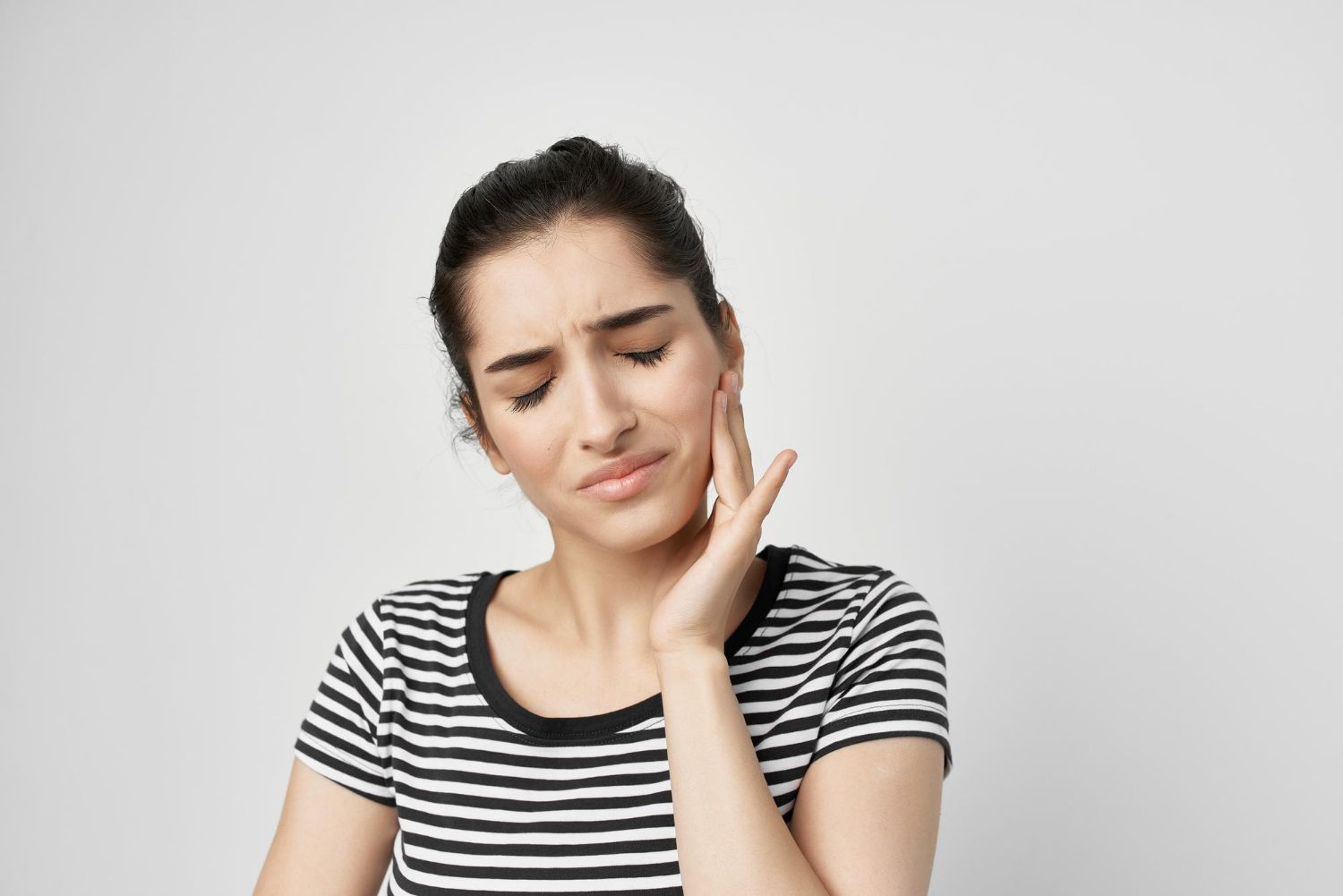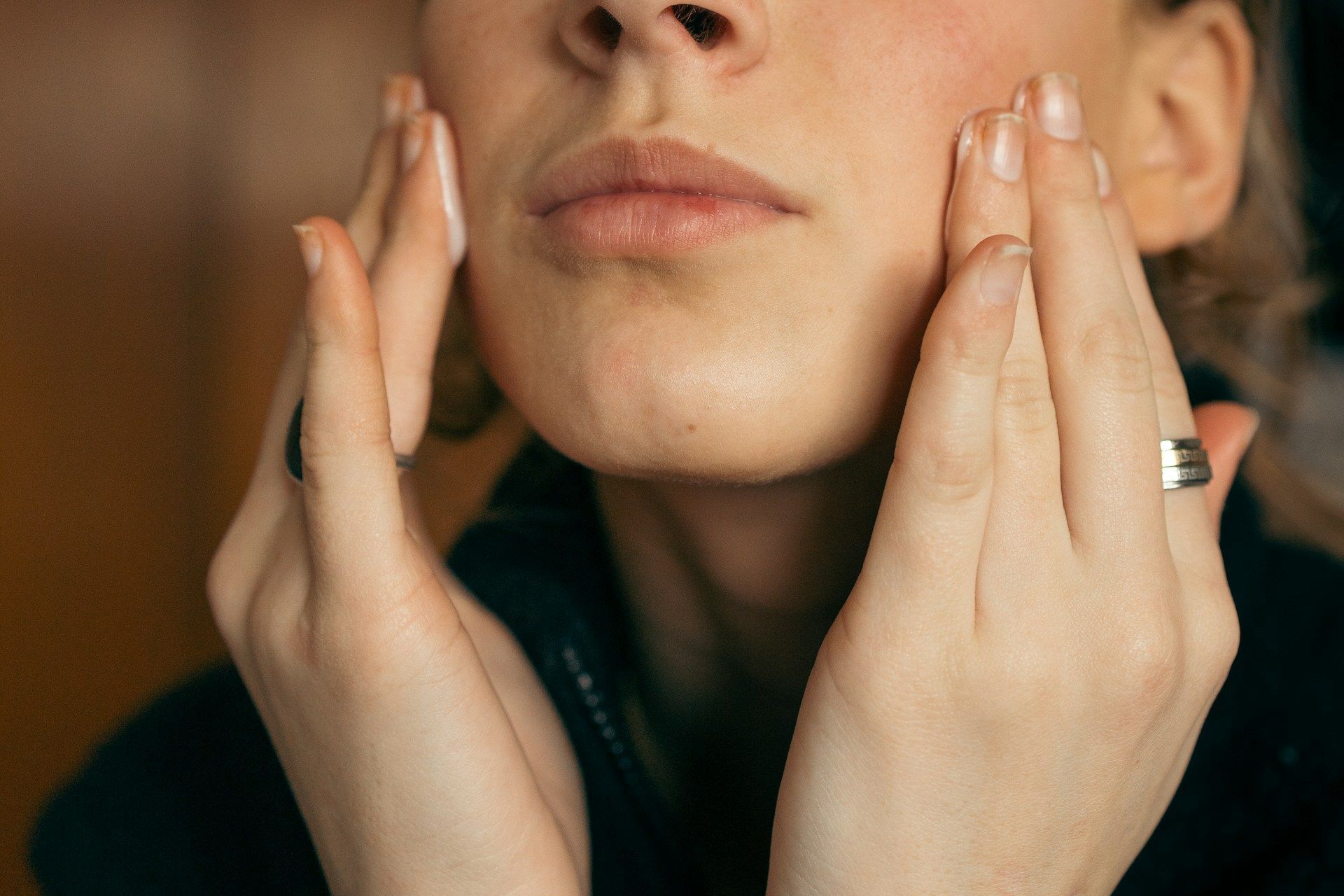Dr. Cameron Kuehne’s Advice on How to Manage TMJ Pain

Living with TMJ pain can be challenging. TMJ stands for the temporomandibular joint, which connects your jawbone to your skull. When this joint is not working right, it can cause pain, headaches, and other uncomfortable symptoms. Dr. Cameron Kuehne at The Center for Sleep Apnea and TMJ understands that managing TMJ pain is crucial to improving your quality of life.
TMJ pain can come from different sources like injury, arthritis, or jaw misalignment. It can make simple tasks like eating or talking painful and difficult. Dr. Cameron Kuehne has helped many people in Meridian find relief from their TMJ pain and can do the same for you. Understanding the causes and solutions is the first step towards feeling better.
Understanding TMJ Pain
TMJ pain affects the temporomandibular joint, which acts as a hinge connecting your jawbone to your skull. This joint's complexity allows for the movement needed to talk, chew, and yawn. When something goes wrong with this joint or its surrounding muscles, it leads to TMJ disorders, causing pain and discomfort.
There are various triggers for TMJ pain. One common cause is bruxism, or teeth grinding, often occurring during sleep. Stress and anxiety can exacerbate this problem, leading to jaw pain and headaches. Arthritis in the jaw joint can also lead to TMJ pain, as it causes wear and tear on the cartilage. Additionally, jaw injuries or misalignment can disrupt the smooth movement of the joint, resulting in pain.
Symptoms of TMJ disorders can vary. Some experience a clicking or popping sound when opening their mouth. Others may find it hard to open their mouth wide or feel pain around their ears and cheeks. Understanding these symptoms is crucial for seeking the right treatment. Dr. Cameron Kuehne at The Center for Sleep Apnea and TMJ offers unique insights and treatments for managing TMJ pain effectively.
Lifestyle Changes to Manage TMJ Pain
Making some changes to your everyday habits can help manage TMJ pain. Here are a few actionable steps:
1. Practice good posture.
Description: Poor posture can strain your neck and jaw muscles, aggravating TMJ pain.
Action: Sit up straight with your shoulders back. Avoid cradling the phone between your shoulder and ear.
2. Reduce stress:
Description: Stress can lead to teeth grinding or clenching, worsening TMJ symptoms.
Action: Try relaxation techniques such as deep breathing, yoga, or meditation to manage stress levels.
3. Eat Soft Foods:
Description: Hard or chewy foods can strain your jaw muscles and increase pain.
Action: Opt for soft foods like mashed potatoes, yogurt, and soup. Cut food into smaller pieces to ease chewing.
4. Avoid extreme jaw movements:
Description: Activities like chewing gum, eating hard candies, or yawning wide can strain your jaw.
Action: Be mindful of your jaw movements and avoid extreme actions that can cause discomfort.
5. Apply Heat or Cold:
Description: Heat can relax muscles, while cold can reduce inflammation and numb sharp pain.
Action: Use a warm towel or heating pad for about 15-20 minutes, or apply an ice pack wrapped in a cloth for short intervals.
Dr. Cameron Kuehne advises incorporating these lifestyle changes to help manage TMJ pain effectively. Consistently following these tips can lead to noticeable improvement in your symptoms, making daily activities more comfortable.
Effective Exercises for TMJ Relief
Physical exercises can help relieve TMJ pain by strengthening and stretching the jaw muscles. Dr. Cameron Kuehne recommends several simple exercises to start managing your pain:
1. Jaw Relaxation:
Description: Relaxing the jaw muscles can reduce tension and pain.
Action: Close your mouth and let your tongue rest on the roof of your mouth, just behind your front teeth. Allow your teeth to come apart as you relax your jaw.
2. Goldfish Exercises (Partial Opening):
Description: These exercises help improve the range of motion in your jaw.
Action: Place one finger in front of your ear where your TMJ is located. Place your tongue on the roof of your mouth. With your other hand, gently press on your chin. Open your mouth halfway and then close. Repeat this 6 times.
3. Chin Tucks:
Description: Helps strengthen the muscles that support proper jaw alignment.
Action: Stand up straight. Pull your chin straight back, creating a double chin. Hold this position for 3 seconds and relax. Repeat 10 times.
4. Resisted opening of the mouth:
Description: Increases muscle strength and resilience.
Action: Place your thumb under your chin. Open your mouth slowly while applying gentle pressure with your thumb to resist the opening. Hold for 3 to 6 seconds before closing your mouth slowly.
5. Side-to-Side Jaw Movement:
Description: Increases flexibility and reduces stiffness.
Action: Place a small object, such as a ¼-inch-thick object, between your front teeth. Slowly move your jaw from side to side. Increase the thickness of the object as the exercise becomes easier.
Dr. Cameron Kuehne advises performing these exercises daily for the best results. Consistency is key to reducing TMJ pain and improving jaw function.
Dr. Cameron Kuehne’s Tips and Home Remedies
Besides exercises and lifestyle changes, Dr. Cameron Kuehne offers several practical tips and home remedies to manage TMJ pain effectively:
1. Massage Therapy:
How to Use: Gently massage the muscles around your jaw joint to improve blood flow and reduce tension.
Benefit: Helps alleviate tightness and promote relaxation in the jaw area.
2. Stay Hydrated:
How to Use: Drink plenty of water throughout the day to keep your muscles and joints lubricated.
Benefit: Proper hydration can reduce muscle cramps and spasms.
3. Apply Moist Heat:
How to Use: Use a warm, moist towel or a heating pad on a low setting. Apply to the affected area for 15-20 minutes.
Benefit: Helps reduce muscle stiffness and alleviate pain.
4. Use Over-the-Counter Pain Relievers:
How to Use: Take ibuprofen or acetaminophen to reduce inflammation and pain.
Benefit: Provides temporary relief from TMJ discomfort, allowing you to carry out daily activities more comfortably.
5. Monitor Jaw Movements:
How to Use: Pay attention to when you clench your jaw or grind your teeth. Use techniques to consciously relax your jaw.
Benefit: Prevents unnecessary strain and helps manage TMJ symptoms better.
Dr. Cameron Kuehne suggests incorporating these tips and home remedies into your daily routine. Over time, these small changes can lead to significant improvements in managing TMJ pain.
Conclusion
Managing TMJ pain requires a combination of lifestyle adjustments, exercises, and practical advice. Understanding the causes and symptoms of TMJ disorders is the first step. Incorporating lifestyle changes and exercises can help relieve pain and improve jaw function. Additionally, following Dr. Cameron Kuehne’s tips and home remedies provides added relief and makes daily life easier.
For those in Meridian seeking TMJ disorder treatment, Dr. Cameron Kuehne and our dedicated team at The Center for Sleep Apnea and TMJ are here to help. Contact us at CSAT Meridian today to start your journey toward a pain-free life with expert
TMJ disorder treatment in Meridian.










